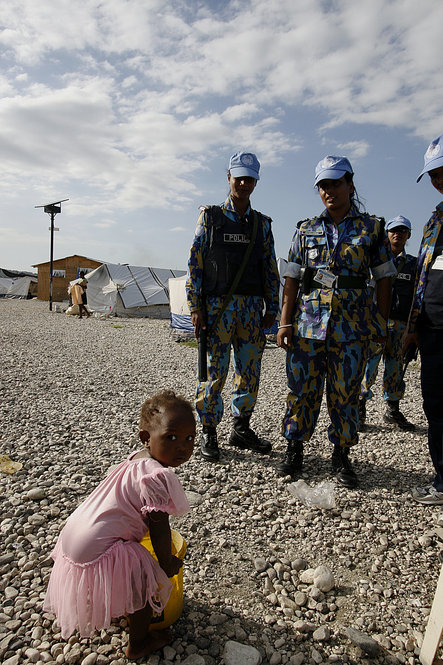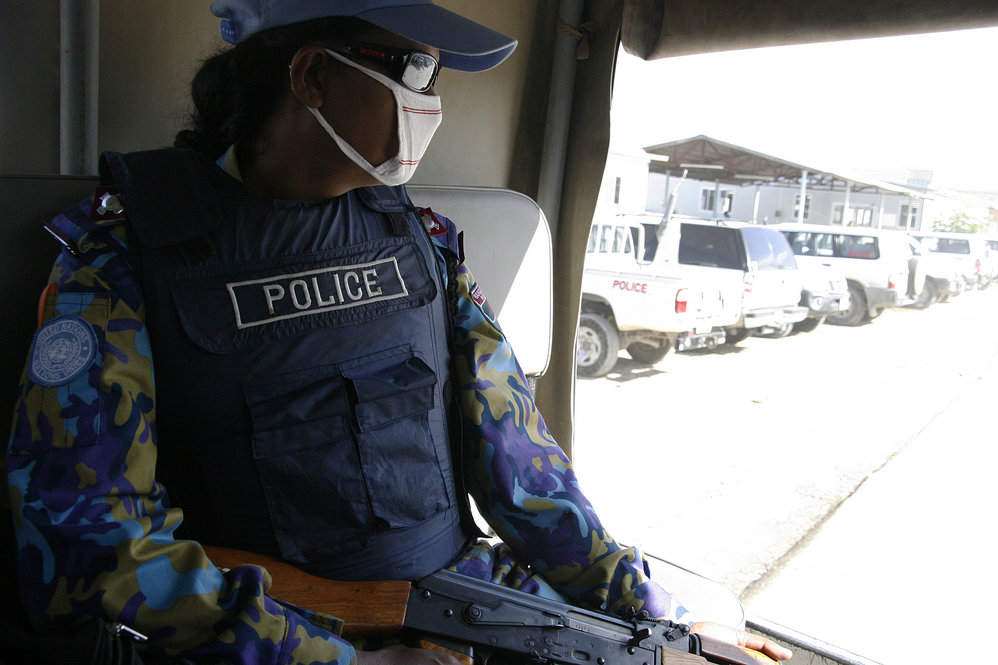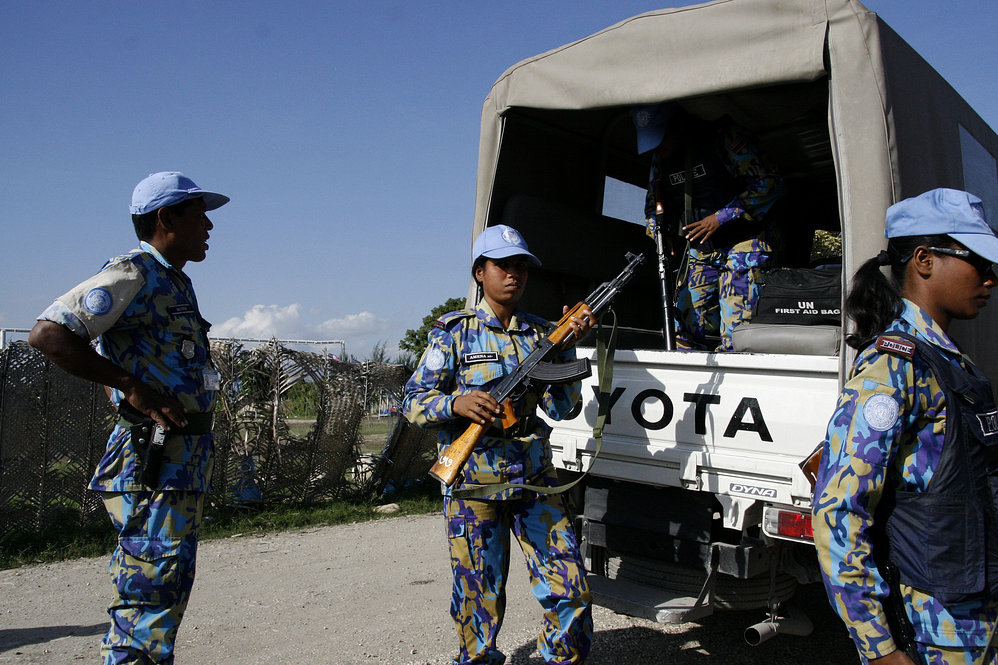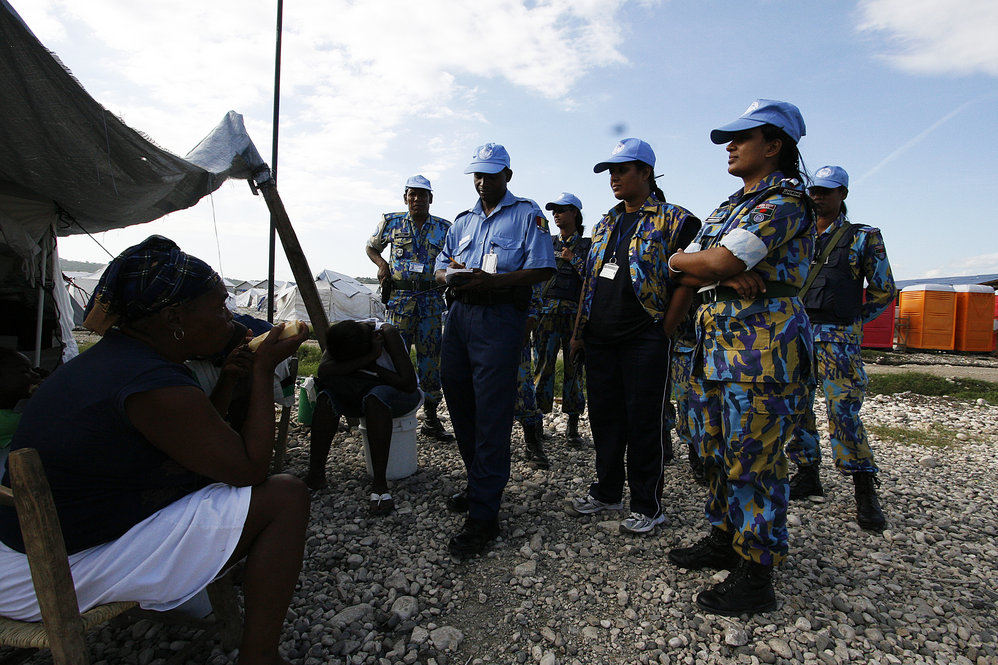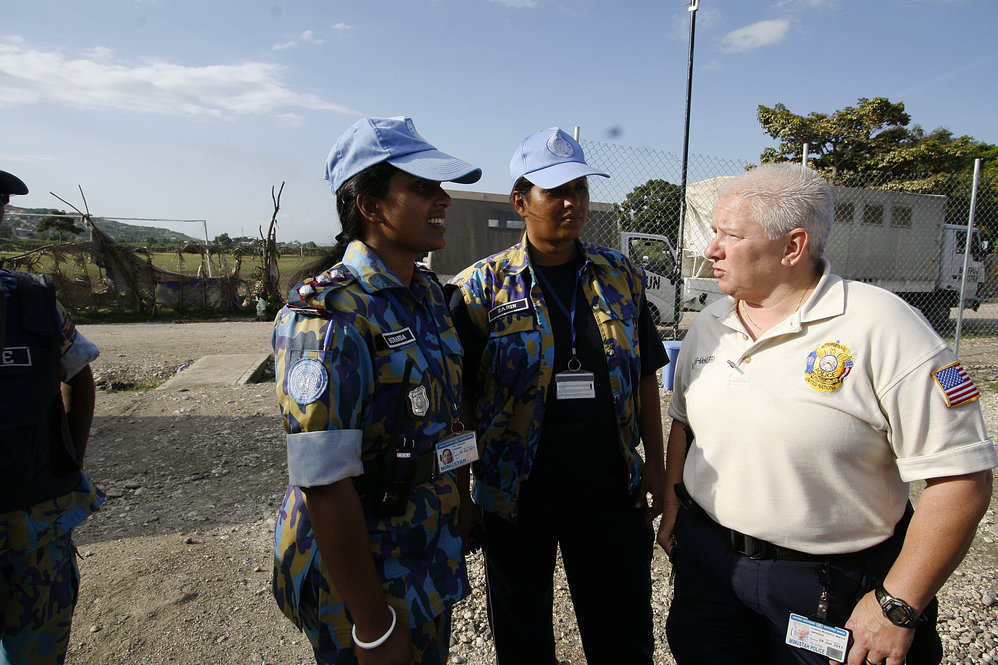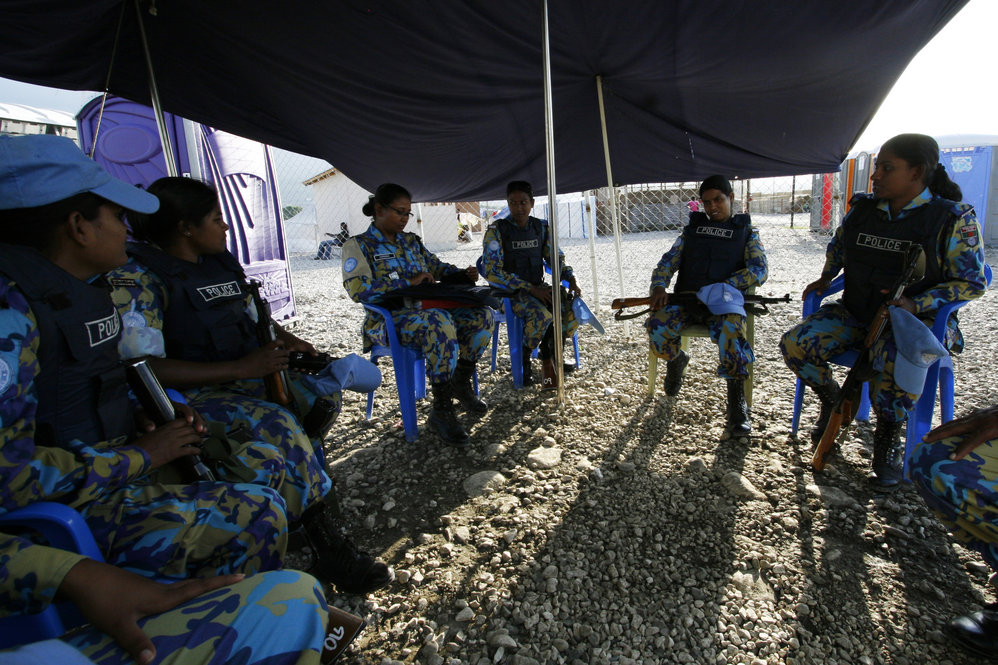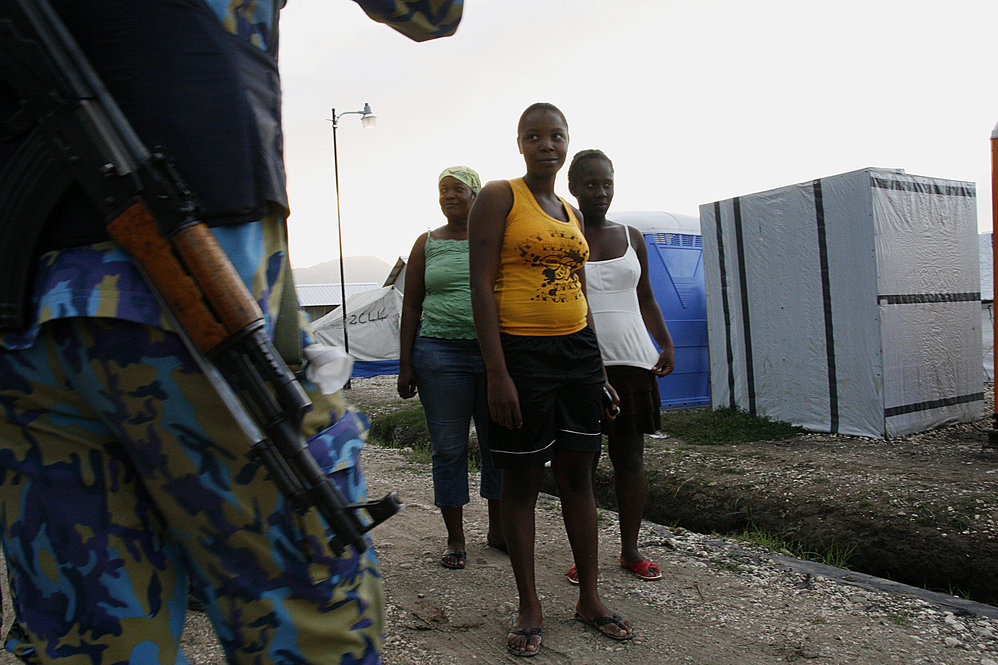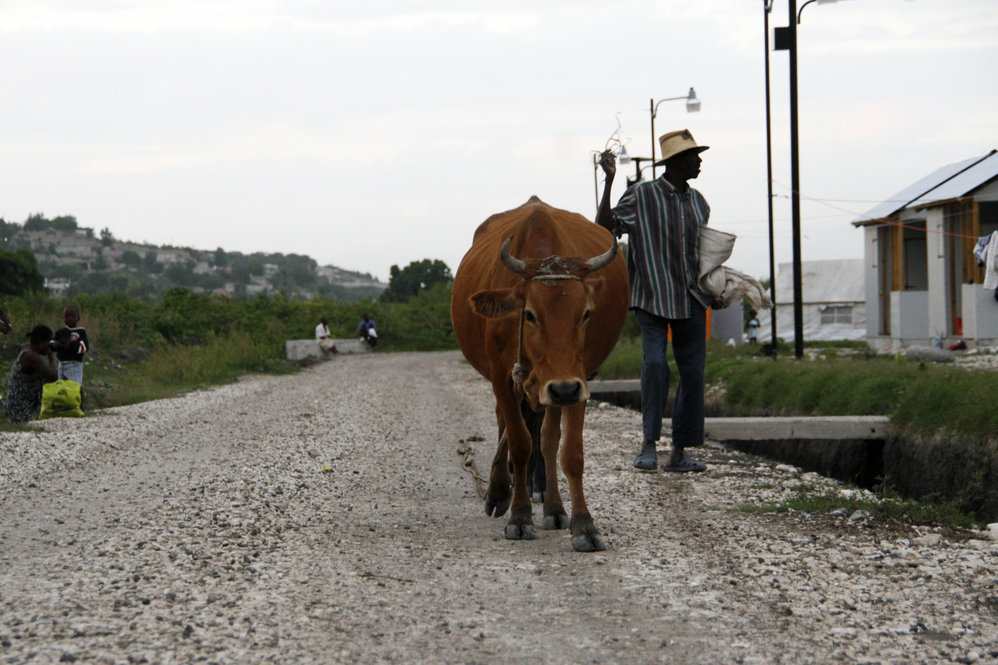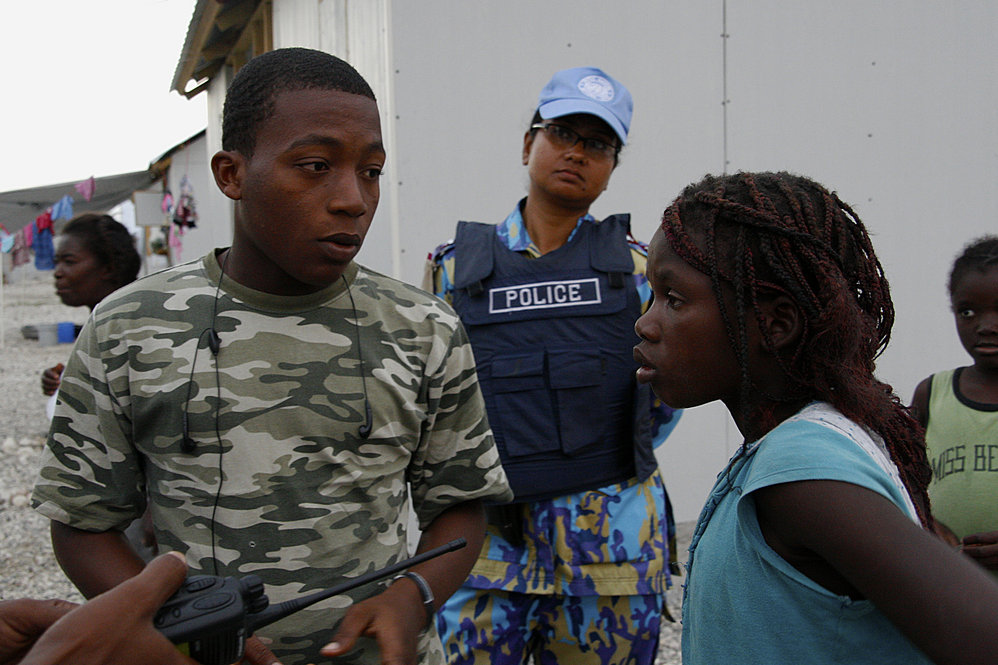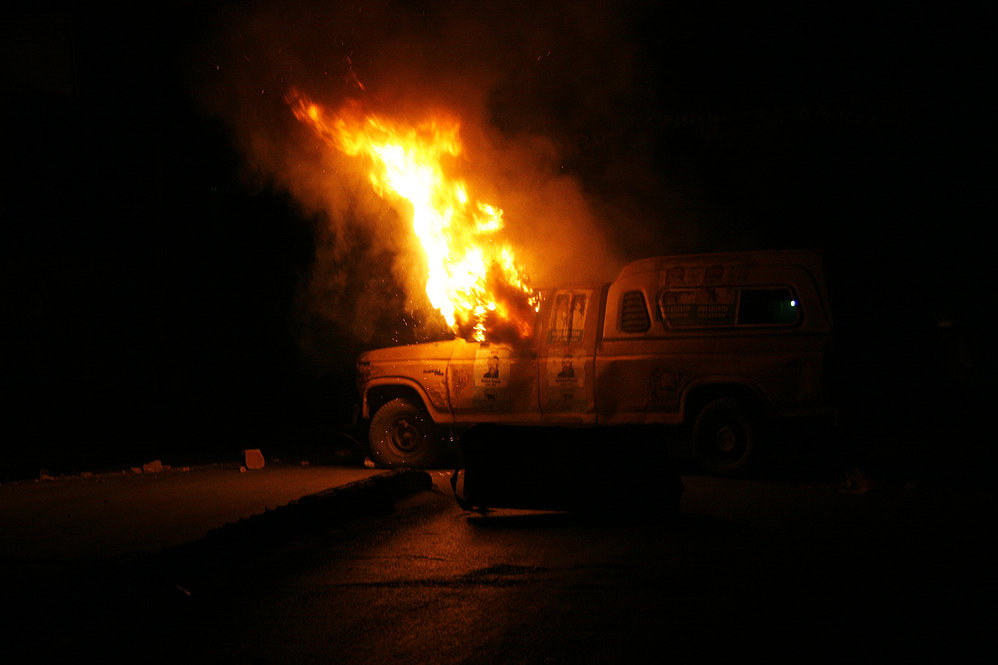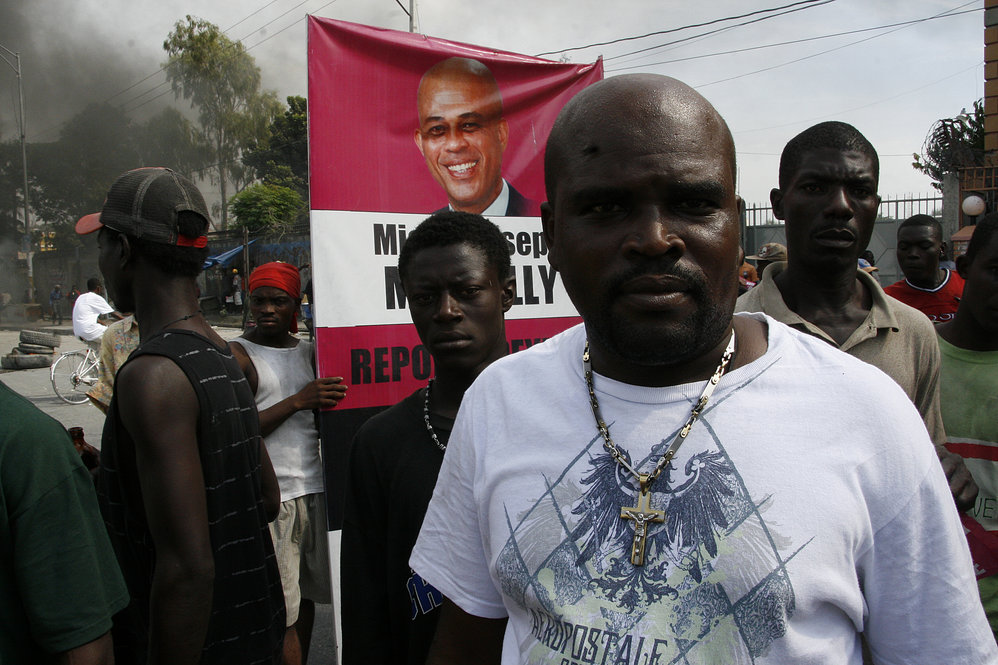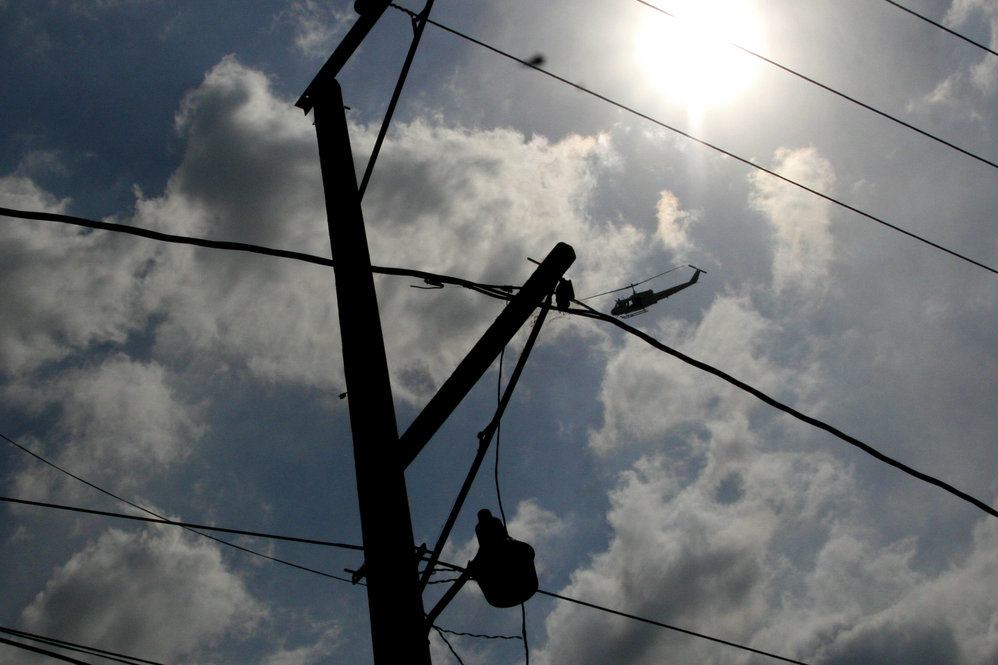By Jacob Kushner
The Associated Press
PORT-AU-PRINCE, HAITI—A spreading cholera outbreak in rural Haiti threatened to outpace aid groups as they stepped up efforts Saturday hoping to keep the disease from reaching the squalid camps of earthquake survivors in Port-au-Prince.
Health officials said at least 208 people had died and 2,394 others were infected in an outbreak mostly centred in the Artibonite region north of the capital.
But the number of cases in towns near Port-au-Prince were rising, and officials worried the next target will be hundreds of thousands of Haitians left homeless by January’s devastating quake and now living in camps across the capital.
Click HERE to read the full AP story as it appeared at TheStar.com
